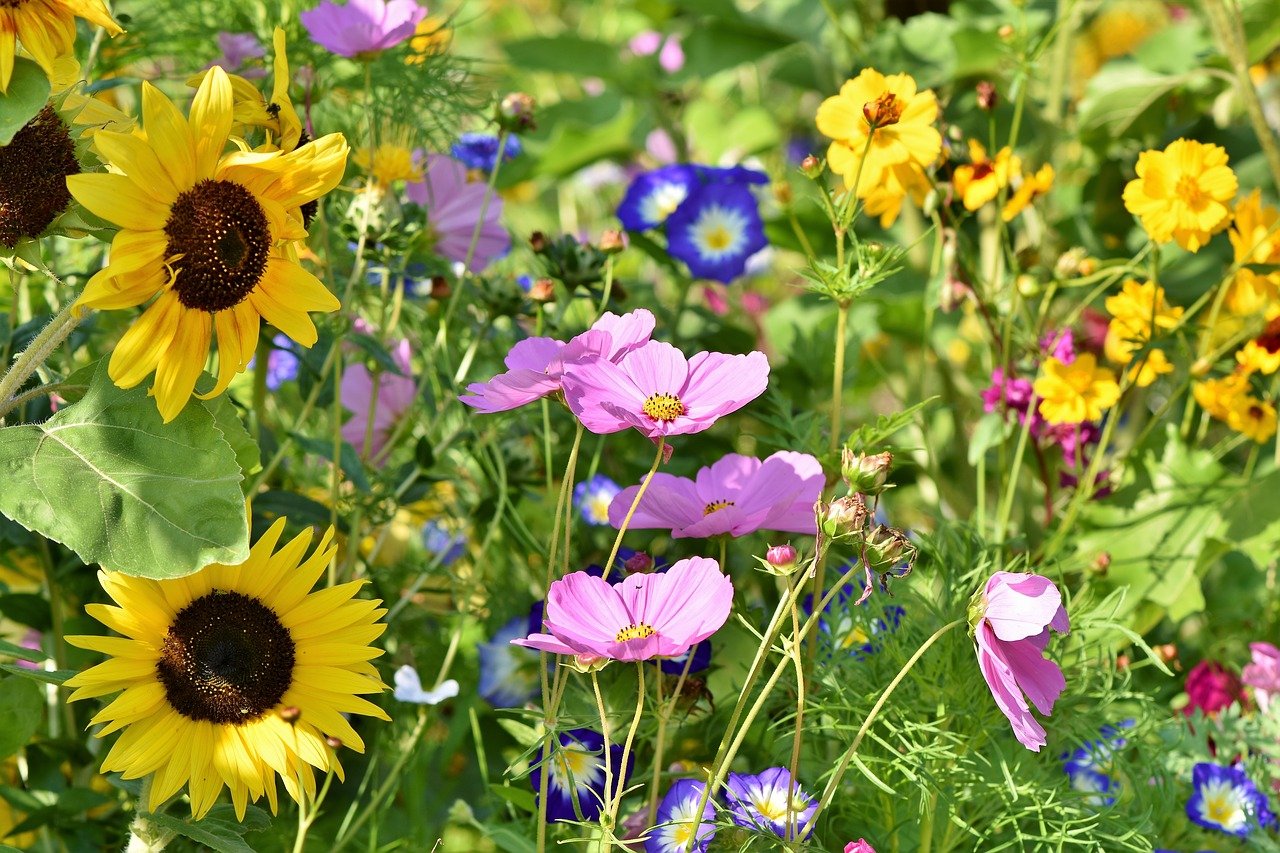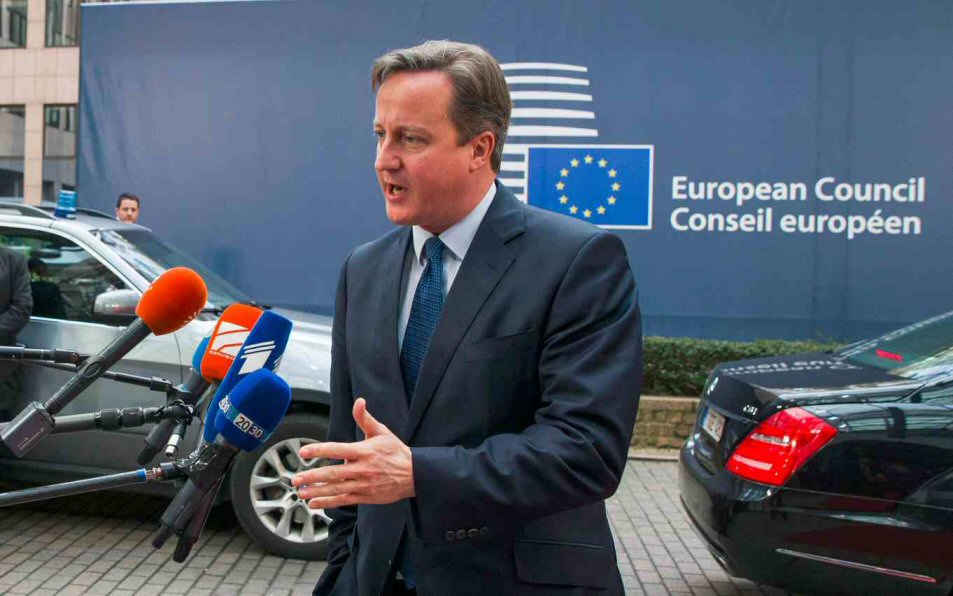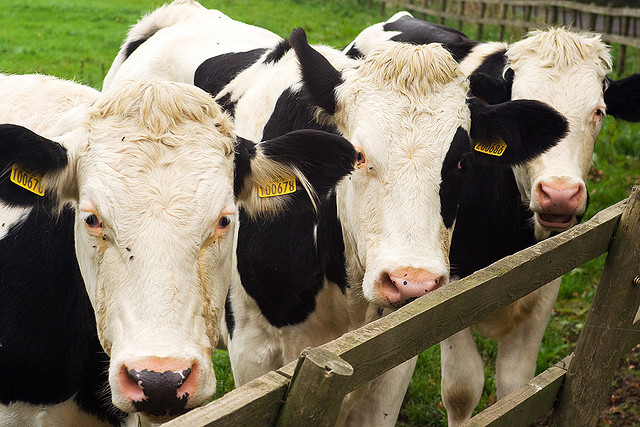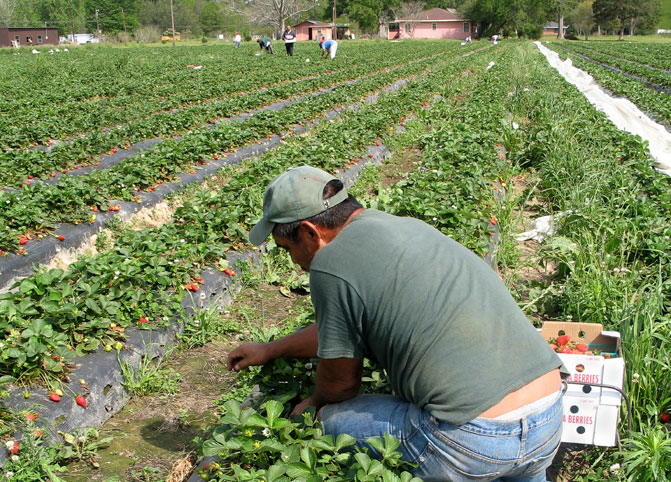We are pleased to publish this discussion of recent developments in UK (England’s) post-Brexit agricultural policy by Professor Ian Hodge of the Department of Land Economy, University of Cambridge, UK. The comments here represent solely the views of the author and not of any UK government department.
Following Brexit, the UK has been developing its own approach to agricultural policy. Agriculture is a devolved matter and so the individual nations are introducing separate policies. In England, under the 2020 Agriculture Act, direct payments are being phased out over a seven year transition period and replaced by Environmental Land Management Schemes (ELMs) under the slogan of ‘public money for public goods’. … Read the rest





